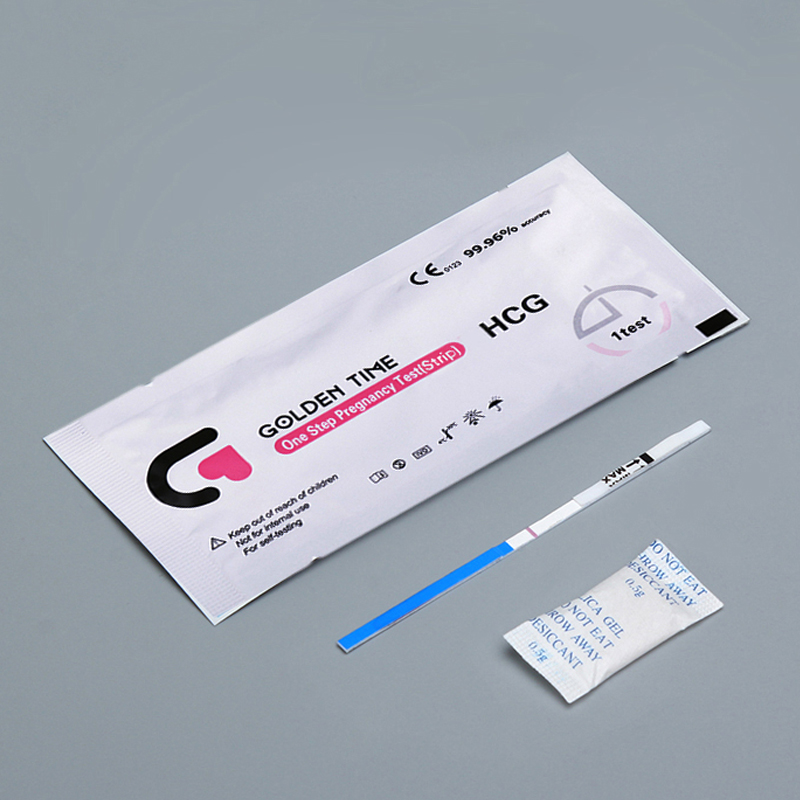
Aug . 18, 2024 11:39 Back to list
Manufacturers of H Pylori Testing Kits and Their Innovative Solutions
Exploring H. pylori Test Kits A Guide for Manufacturers
Helicobacter pylori, commonly known as H. pylori, is a type of bacteria that can inhabit the stomach lining, often leading to various gastrointestinal disorders, including gastritis, ulcers, and even stomach cancer. With its prevalence affecting a significant portion of the global population, the demand for effective testing and diagnosis has surged. As such, the market for H. pylori test kits has expanded rapidly, attracting various manufacturers to develop innovative solutions to meet this need.
Test kits for H. pylori typically employ either invasive or non-invasive methods. Invasive methods include endoscopy and biopsy, while non-invasive approaches feature breath tests, blood tests, and stool tests. The non-invasive kits have garnered significant attention due to their ease of use, reduced discomfort for patients, and cost-effectiveness. Manufacturers are focusing on enhancing accuracy and reliability while ensuring that test kits are accessible to healthcare facilities worldwide.
Exploring H
. pylori Test Kits A Guide for ManufacturersOne of the leading methodologies employed by manufacturers is the use of immunological assays in H. pylori test kits. These kits often incorporate enzyme-linked immunosorbent assays (ELISAs) that detect antibodies against H. pylori in blood samples. Alternatively, rapid antigen tests that analyze stool samples are becoming increasingly popular due to their quick turnaround and user-friendliness. Such tests offer a significant advantage in low-resource settings where healthcare access may be limited.
kit for h pylori manufacturers

Manufacturers must also consider regulatory compliance when developing H. pylori test kits. Various health authorities, such as the FDA in the United States and the EMA in Europe, impose strict regulations on diagnostic products. Meeting these regulatory standards requires rigorous clinical testing and validation to ensure the safety and effectiveness of the kits. Therefore, manufacturers are investing in research and development to produce high-quality products that comply with local and international regulations.
Another critical factor for manufacturers is the increasing sophistication of diagnostic technologies. Advances in molecular techniques, such as polymerase chain reaction (PCR), allow for the rapid detection of H. pylori DNA in gastric biopsies and other samples. While these methods may be more costly and require specialized equipment, they provide high sensitivity and specificity, making them favorable options for sophisticated diagnostic labs.
Furthermore, international collaboration is playing a vital role in the evolution of H. pylori test kit manufacturing. Manufacturers are partnering with research institutions and healthcare organizations to stay abreast of the latest findings in H. pylori research and treatment. Such collaborative efforts promote the development of kits that are informed by real-world clinical needs, leading to more effective diagnostic solutions.
In conclusion, the market for H. pylori test kits is poised for growth as awareness about the health implications of this bacterium rises. Manufacturers are tasked with the challenge of innovating while ensuring compliance and reliability. By focusing on user-friendly solutions that leverage modern technologies and foster international collaboration, manufacturers can significantly contribute to improving patient outcomes in the diagnosis and treatment of H. pylori-related diseases. The future of these test kits looks promising, with the potential to enhance gastroenterological care worldwide.
-
HIV-1/2 Ab Combo Rapid Test Kit for Fast, Reliable Blood Screening
NewsJul.27,2025
-
High-Quality Nasal Swab for Accurate Testing – Fast Results
NewsJul.26,2025
-
One Step LH Ovulation Test Kit - Accurate & Easy At-Home Fertility Tracking
NewsJul.25,2025
-
Sterile Urine Cup for Accurate Specimen Collection | Leak-Proof Design
NewsJul.24,2025
-
High Quality Cassette Lateral Flow for Accurate Testing Solutions
NewsJul.23,2025
-
Malaria PF / PAN AG Rapid Test – Accurate & Fast Malaria Diagnosis
NewsJul.22,2025
